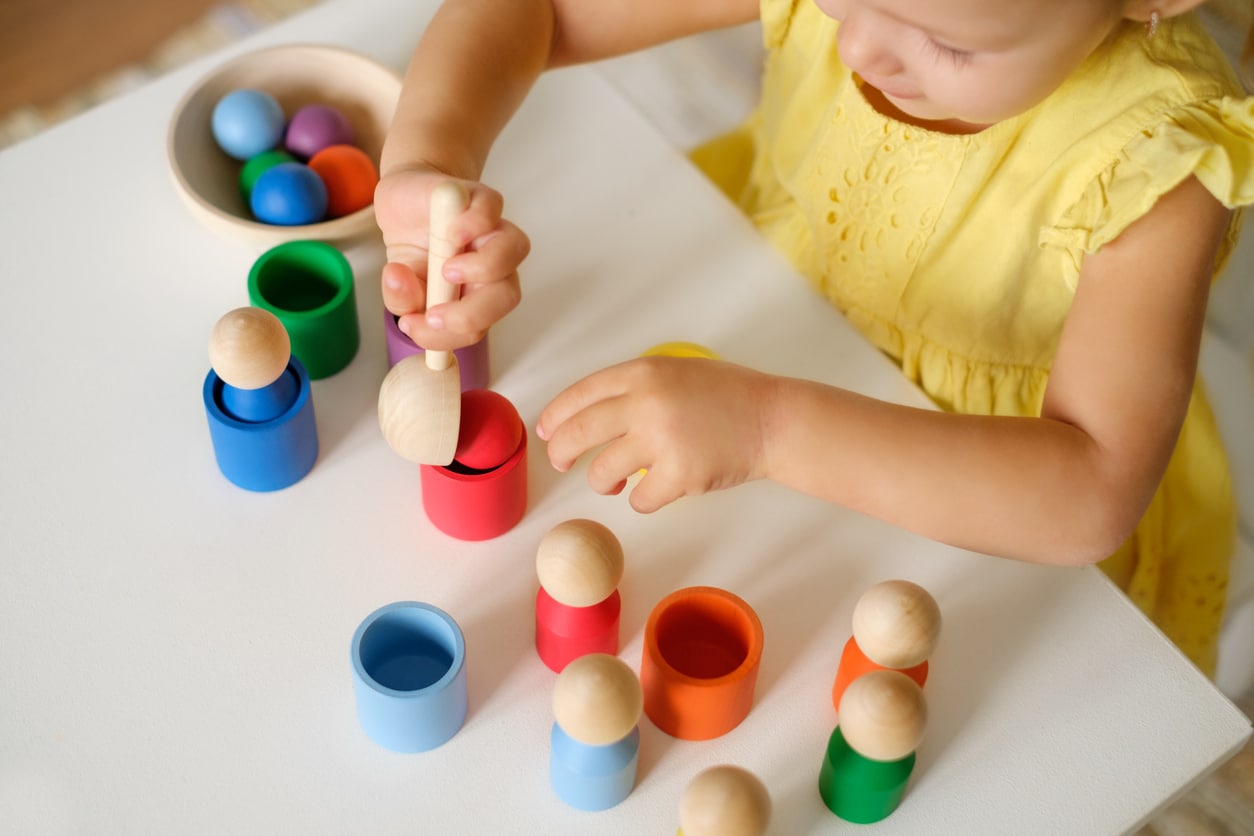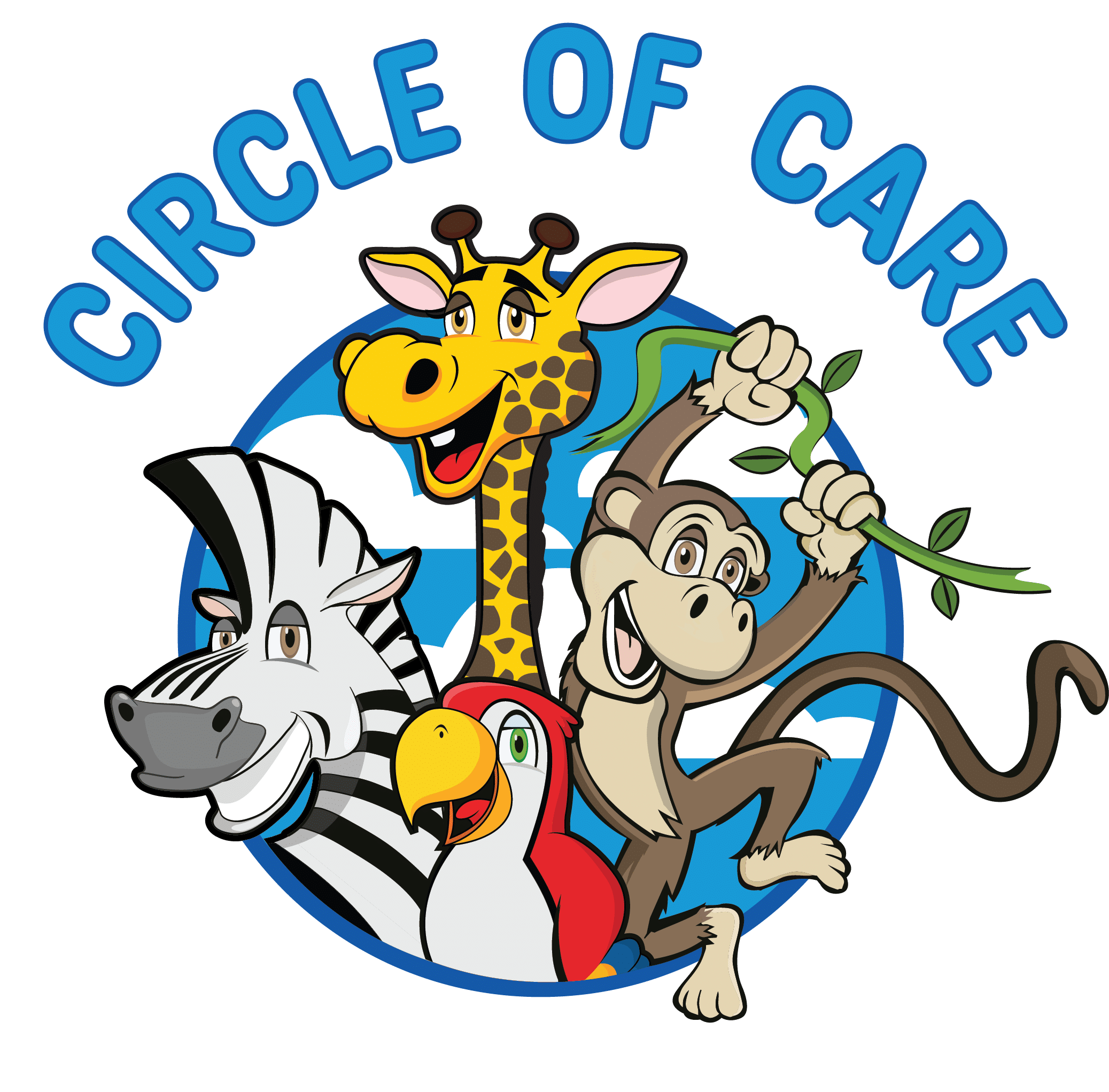The Importance of Motor Skills in Child Development

Author: Circle of Care
As parents and caregivers, we know how important it is to ensure our children’s physical, intellectual, and emotional development. Oftentimes, when we think about child developmental milestones, we think of gaining language skills or reading/math proficiency; however, it is just as important to nurture motor skill development in order for our little ones to grow up healthy and active.
Motor skills are the capabilities that allow us to make large or small movements with any combination of body parts. It is through mastering these key movement patterns that children gain independence while also paving the pathway towards more complex fine-motor abilities (i.e drawing pictures) and gross motor activities (such as running). By understanding motor skills development you can spot delays early on and get your child the help they need.
Difference Between Fine and Gross Motor Skills
Fine motor skill development refers to the use of small muscle movements to complete an action. This includes precise movements like holding a pencil or spoon and manipulating tiny objects (such as beads, toy figurines). On the other hand, gross motor skills are larger movements that require the coordination of multiple body parts. Examples include walking, hopping, jumping, skipping and so on.
Why are Fine Motor Skills Important?
Fine motor skills are essential for many everyday activities such as dressing and grooming, writing, drawing and playing with toys. These types of skills are necessary for independence and self-care. Developing these skills requires maturity and practice, and “motor planning”. Motor planning is the ability to plan, sequence and execute a motor task. This involves using our visual, kinesthetic and proprioceptive senses to coordinate movements. As your child develops these skills they are able to interact with their environment more effectively and with greater accuracy, while also developing physical strength.
Why are Gross Motor Skills Important?
Gross motor skills are important for overall physical development, posture, coordination and balance. Learning these basic movements help children move from one position to another in a smooth and efficient manner. They are also important for sports and leisure activities. As your child develops gross motor skills they are able to move more confidently and with greater control. This increases their stamina and agility, enabling them to explore the world around them more freely.
What Causes Delayed Motor Skills?
Delays in motor skill development can be caused by a number of factors including genetics, health issues like cerebral palsy, delays in other areas like speech, and environmental factors. If you suspect your child is experiencing delays in motor skill development, it is important to contact your child’s pediatrician for an assessment. Early intervention is key to setting your child up for success and helping them reach their full potential. It is also important to remember that every child develops at their own pace and in their own way. Every milestone is worth celebrating; from the first time your child rolls over to the first time they climb a playground structure.
Signs of Fine Motor Delay
If your child is having difficulty completing basic everyday tasks (such as manipulating small objects, and dressing/undressing themselves) they may be experiencing a delay in fine motor skill development. Other signs of a delay include:
- Inability to hold or manipulate small objects
- Poor hand-eye coordination
- Difficulty with activities such as coloring, cutting and writing
- Poor handwriting or an uneven grip on a pencil
Signs of Gross Motor Delay
If your child is having difficulty with sitting, crawling, standing, walking or running they may be experiencing a delay in gross motor skill development. Other signs of a delay include:
- Poor posture or balance
- Inability to jump, hop, skip or run
- Difficulty climbing stairs or riding a bike
- Lack of stamina when playing
Treatment for Delayed Motor Skill Development in Texas
If your child is experiencing a delay in motor skill development, there are several treatments available that can help. Pediatric occupational therapy focuses on helping the child learn and practice new skills while pediatric physical therapy focuses on building strength and improving posture and coordination. Circle of Care provides both occupational and physical therapy for children and adolescents in Texas up to age twenty. We work to ensure that your child receives the treatment they need for independence. Using our thorough evaluations, we develop individualized treatment plans that are fit for your child’s unique needs. Contact us to learn more about our pediatric therapy services and get started today!
Learn More About Our Pediatric Therapy Services at Circle of Care
